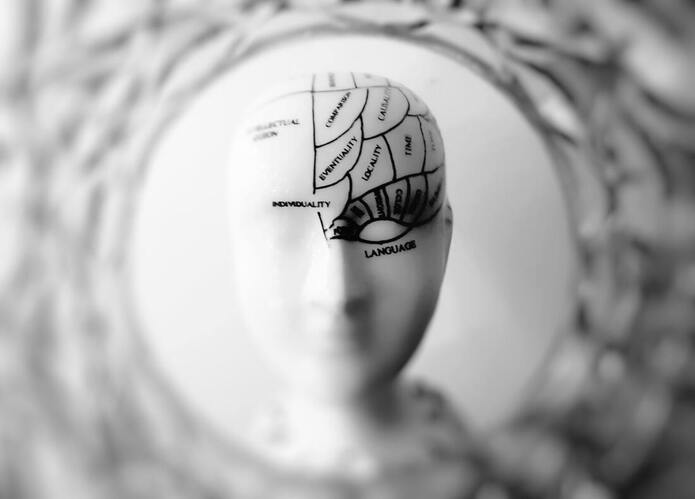|
By: I.Doherty Carl Jung was a Swiss psychiatrist and psychoanalyst born in Kesswil, Thurgau, Switzerland, on the 26th of July 1875, who founded analytic psychology. Jung’s work has been influential in many fields, such as psychiatry, anthropology, archaeology, philosophy, literature religious studies and many more. Carl Jung studied at the University of Basel, which did not teach archaeology, which was what he wanted to study in the first place. After studying philosophy in his teens, Jung perused the path of psychiatry and medicine, it combined the biological and spiritual, exactly what he was searching for. Jung has proposed and developed concepts of the introverted and extraverted personality, archetypes and the collective unconscious. Jung said that the mind, body and feelings all work together, even negative symptoms could potentially be helpful in drawing attention to imbalance. He saw psyche as a self-regulating system with all psychic contents, such as thoughts, feelings, dreams, intuition etc.
Psychology is the science of the mind and behavior, psychology includes the study of conscious and unconscious phenomena, as well as feeling and thought. Psychology is the scientific or objective study of psyche. In psychology, psyche is the human’s soul, mind and spirit, it is the totality of the human mind. Psychiatry is the study and treatment of mental illness, emotional disturbance and abnormal behavior. Carl Jung was a psychiatrist, a person specialized in the diagnose and treatment of mental illness, as well as a psychologist, a person who studies mental process and human behavior. Jung saw dreams as the psyche’s attempt to communicate important things to the individual, he valued this highly, because he say this as a way of knowing what was really going on. Dreams are also an important part of developing a personality; dreams are doing the work of integrating our conscious and unconscious lives, a process Jung called individuation. Jung collaborated with Sigmund Freud on a joint vision of human psychology. Freud thought dreams expressed forbidden wishes that had to be disguised, whilst Jung saw dreams as expressing things openly. People say that dreams reveal more than they conceal, and that they are a natural expression of our imagination. Dreams are a series of images, stories, feelings and sensations that usually occur during our sleep. They can be vivid and make you feel various types of emotions. Dreams can seem confusing or perfectly rational. The content and function of dreams are not fully understood, although they have been a topic of scientific, philosophical and religious interest. Dreams can sometimes be difficult to comprehend, but this is because we need to understand that dreams express themselves through the use of symbols, Jung once said that “A symbol is the best possible formulation of a relatively unknown psychic content”, he also wrote that “A dream is a spontaneous self-portrayal in symbolic form of the actual situation in the unconscious.” A symbol as well as telling us what the dream may appear to be about on the surface, also tells us that they have a meaning and resonance above and beyond situation. In expressing what is not known, especially related to imbalance, Jung thought that dreams were a form of compensation. Jung said that dreams are very difficult to interpret and that he had made it a rule that when someone tells him their dream and asks his opinion about it he says that he has no idea what the dream means, and after that he can begin to examine it. There are multiple symbols in every person’s dreams, some more, some less, that is why each dream has a different interpretation, and some can take more time to analyse than others. Jung says that for you to begin to analyse and to understand your dreams and its symbols you have to, make associations, connect dream images to what is happening internally, and interpret the dream. Jung’s final thoughts on dreams were that he had noticed that dreams are as simple or as complicates as the dreamer himself, only they are always ahead of the dreamers consciousness, he does not understand his own dreams any better than any of his patients, for they are always somewhat beyond his grasp. He says that he has the same trouble interpreting dreams as someone who knows nothing about dream interpretation. Jung once said, “Knowledge is no advantage when it is a matter of one’s own dreams.”
1 Comment
Ana Paula Doherty
5/11/2021 08:08:29 am
Loved the article, Isabela. Very proud of you!
Reply
Leave a Reply. |
Categories
All
Archives
June 2024
|

